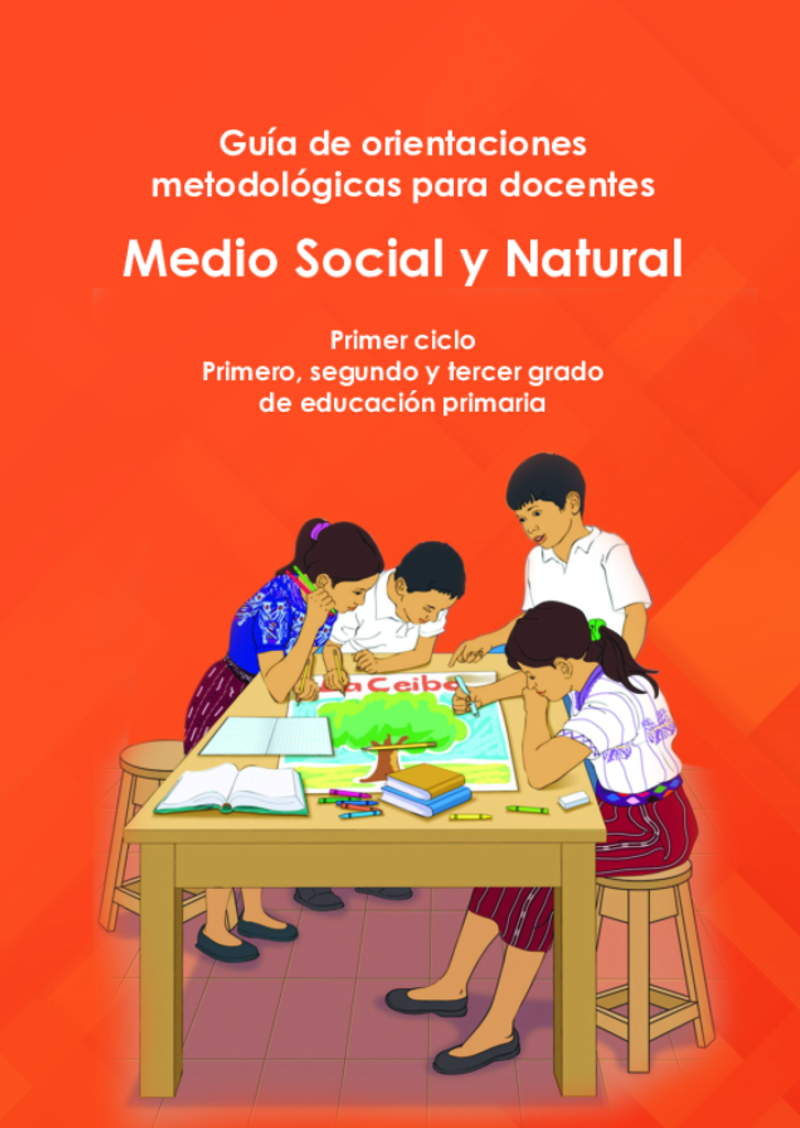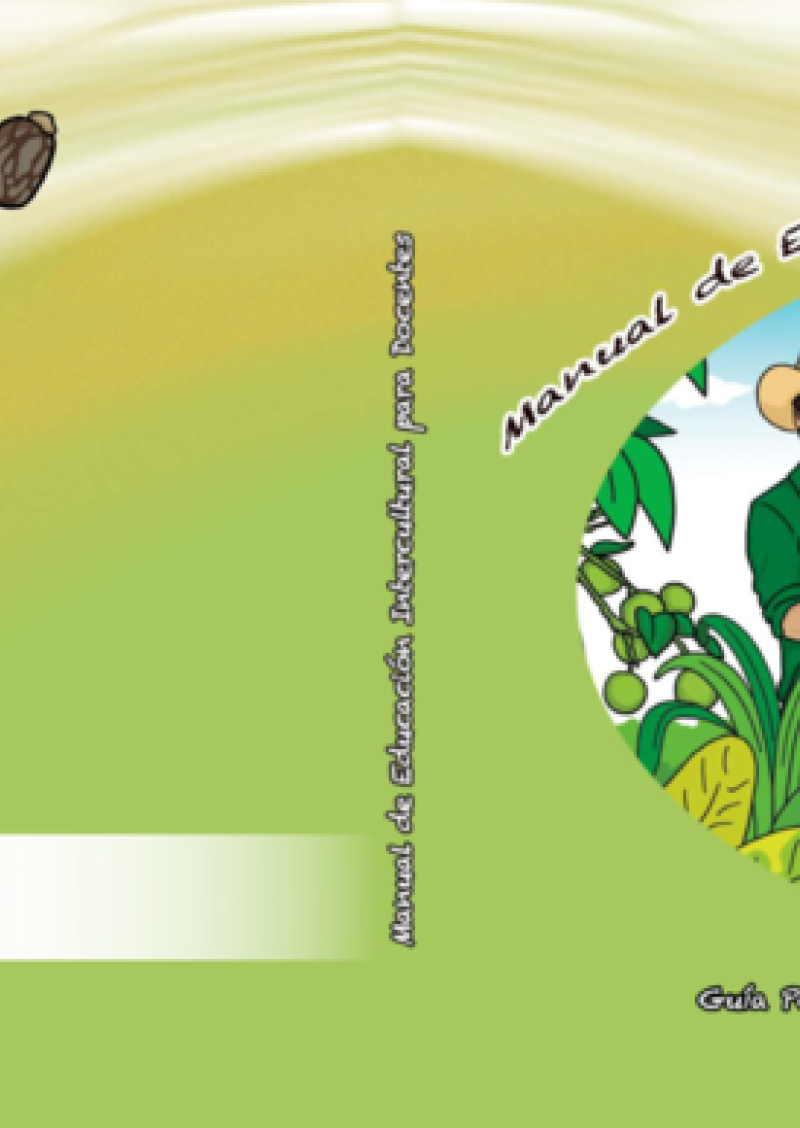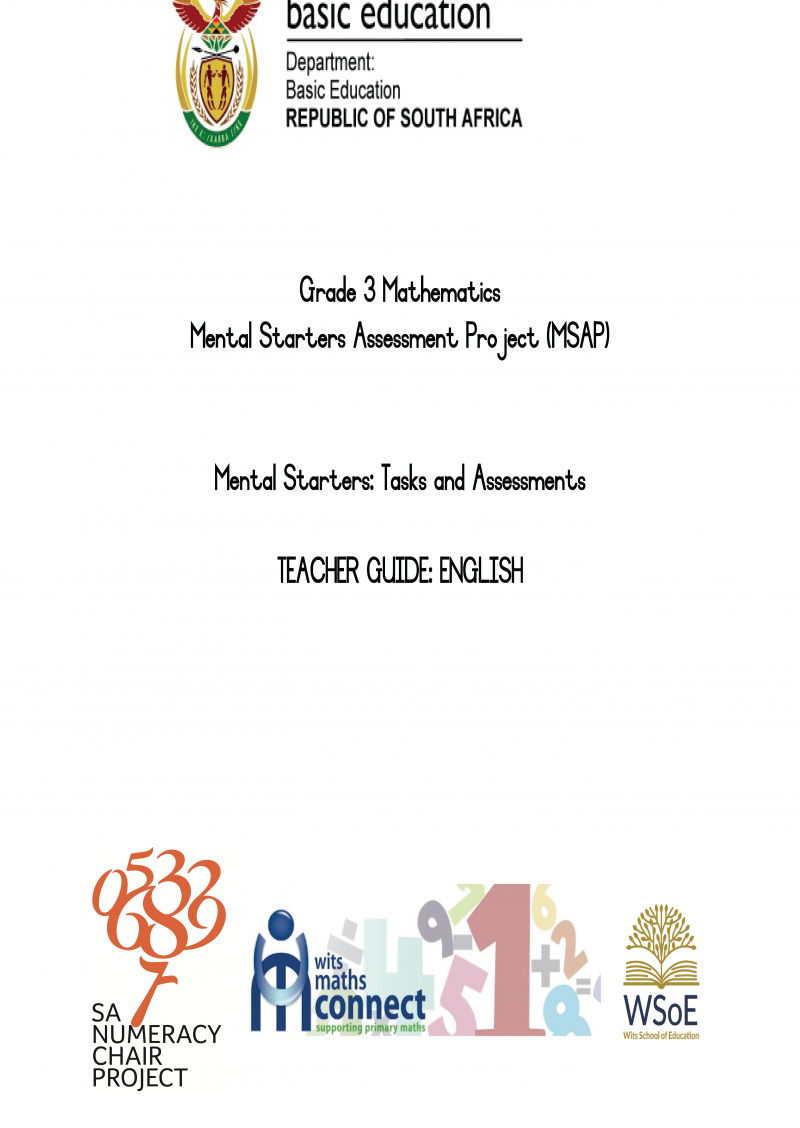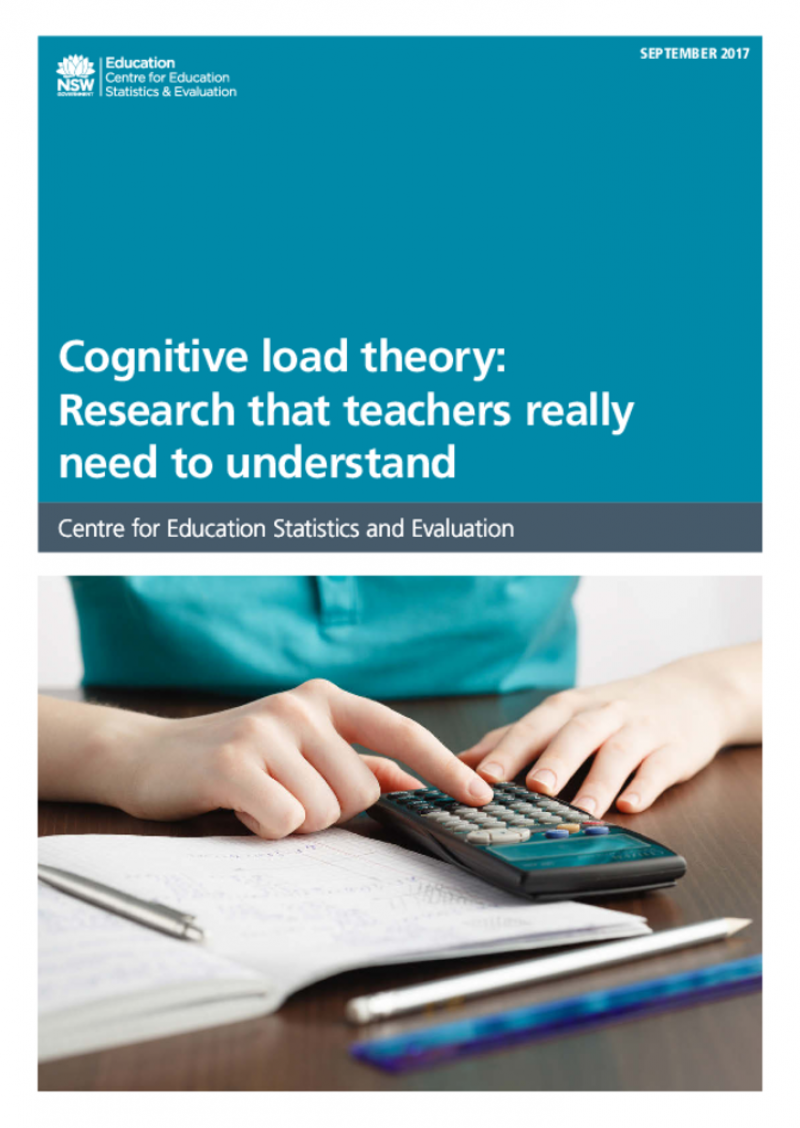Centre de Ressources pour les Enseignants
Affichage de 1 à 4 sur 4
Guía de orientaciones metodológicas para docentes - Medio Social y Natural
El departamento de educación intercultural del Minsiterio de Educación de Guatemala publicó este paquete de recursos para que docentes trabajen con alumnos de primaria en contextos comunitarios indígenas (culturas xinka, maya, garífuna y ladino), abordando los ámbitos sociales y naturales. Proporciona herramientas didácticas e instrucciones para un desempeño efectivo en clase, con ejemplos de actividades. Estas herramientas buscan facilitar la enseñanza respetando la diversidad cultural del país.
Manual de Educación Intercultural para Docentes
Este Manual a destinación de los docentes propone actividades y talleres con enfoque en la interculturalidad para realizar en el aula. Se divide en cuatro apartados: identidad colectiva e individual; el conocimiento de la historia y de las distintas manifestaciones culturales para fomentar la paz en el país; estereotipos y prejuicios para combatir las discriminaciones y el racismo; e interculturalidad para valorizar la diversidad y la convivencia.
Mathematics lesson starters for Grade 3 learners
A set of teacher guides containing each 6 Mental Mathematics Lesson Starter units for Grade 3 learners, in alignment with the South African curriculum. A different calculation strategy is in focus in each unit. These calculation strategies are taken from the curriculum. Each unit covers a particular group of connected skills, and the aim is to move learners on from counting in ones on their fingers or with tally marks on paper.
Each unit is three weeks long; it begins and ends with a short test for the learners. Marking these tests provides information for the teacher and the learners about how much they have improved in using that particular set of skills during the three weeks. Within each unit, the focus is on three types of calculations: fluency, strategic calculating and strategic thinking.
Working through the Lesson Starters in each unit should lead to improvements in learners’ performance from the pre to post-tests. These improvements show progress in mental mathematics skills and number sense.
The guide is available in 11 official languages of South Africa.
Cognitive load theory: Research that teachers really need to understand
To improve student performance, teachers need to understand the evidence base that informs and helps improve their practice. An area of research with significant implications for teaching practice is cognitive load theory.
This paper describes the research on cognitive load theory and what it means for more effective teaching practice. The first part of the paper explains how human brains learn according to cognitive load theory, and outlines the evidence base for the theory. The second part of the paper examines the implications of cognitive load theory for teaching practice, and describes some recommendations that are directly transferable to the classroom.



